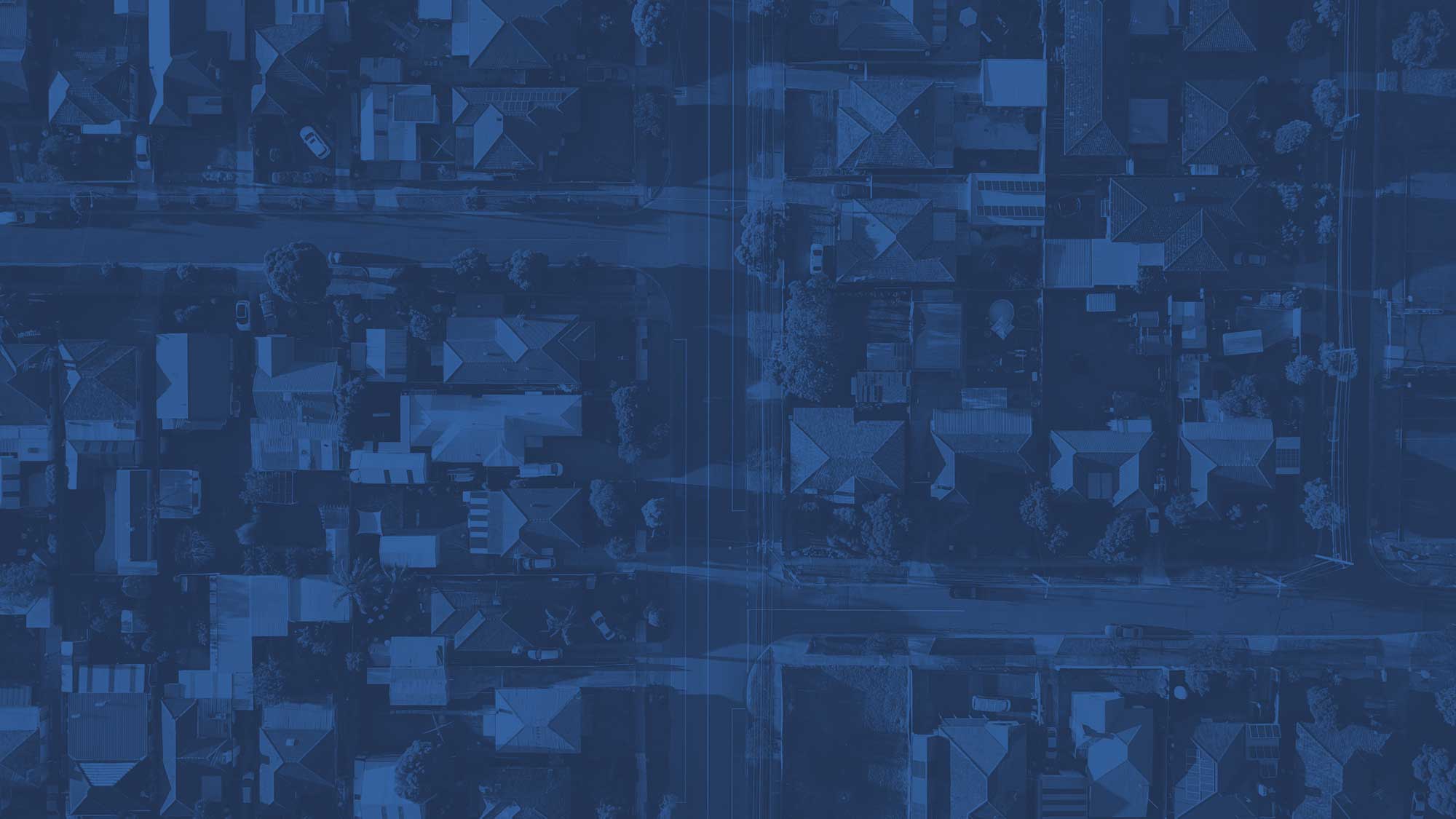
General Questions
1. Do I need great credit to get a mortgage?
Not necessarily, but it will certainly help. It is possible to get a conventional mortgage with a FICO credit score as low as 620, and you can obtain a higher-cost FHA mortgage with a score in the 500s. However, be aware that the lower your score, the higher your interest rate will be. You can find a current list of mortgage rates broken down by credit score here. On a $250,000 mortgage, the difference between a 620 credit score and an "excellent" 760 adds up to more than $86,000 in interest savings over the life of a 30-year loan.
2. How much of a down payment do I need?
The short answer is that you can get a conventional mortgage with as little as 5% down, an FHA loan with 3.5% down, and a VA or USDA loan with no money down at all. However, with a conventional or FHA loan, you will have to pay private mortgage insurance, aka PMI, if your down payment is less than 20% of the home's sale price. Those payments will not be a permanent fixture in your monthly payments, however. Once the loan-to-value ratio on your mortgage falls to 80%, you can ask your lender to drop them. And even without your request, lenders are required to cancel PMI when the loan-to-value ratio drops to 78%.
3. What are closing costs, and how much should I expect them to be?
The term "closing costs" refer to all the charges you'll need to pay before your loan is completed. This can include origination fees, title insurance, prepaid escrows, and more. Closing costs can vary significantly, but generally, expect to pay around 2% to 3% of the home's price in closing costs.
4. Should I get a 15-year or 30-year term loan?
This depends on how much you want to stretch your budget. If you can afford the higher monthly payments, a 15-year mortgage usually comes with a better interest rate than a 30-year version. Not only will you pay off the house quicker, but you can save a tremendous amount of interest. On the other hand, a 30-year mortgage will cost less per month, allowing you to afford a bigger or nicer house, or one in a better location.
5. Should I "lock" my interest rate?
A rate lock means that you are guaranteed today's mortgage interest rate for some predetermined period, typically 30 to 60 days. If interest rates have been trending upward, it is generally a good idea to lock in your rate. While the prevailing mortgage rate does not usually make a big move in a month or two, it is certainly possible.